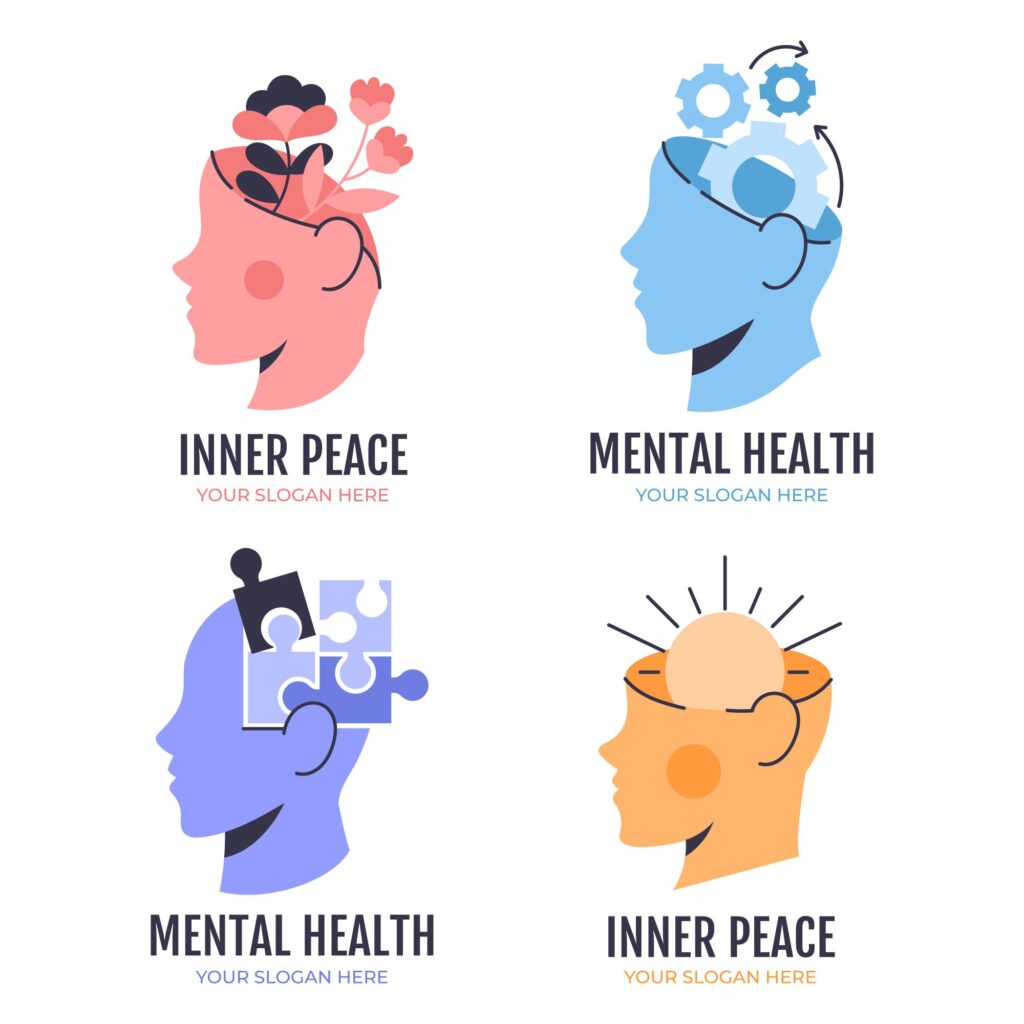how does mental health affect physical health
Hey there! Ever wondered how your mood might be affecting your body? It’s not just in your head—your mental health can have a significant impact on your physical well-being. Let’s explore this fascinating connection and see how our thoughts and feelings can influence our overall health.

Chronic Stress
Stress isn’t just an annoying feeling—it can really take a toll on your body. When we’re constantly stressed, our bodies are perpetually in “fight or flight” mode. This can lead to:
– Increased Blood Pressure: Constant stress can elevate blood pressure, putting strain on your cardiovascular system.
– Weakened Immune System: Chronic stress can impair your immune response, making you more susceptible to illness.
– Digestive Issues: Stress can cause or exacerbate problems like irritable bowel syndrome (IBS) or acid reflux.
– Headaches and Muscle Tension: Persistent stress often manifests as physical tension, leading to headaches and muscle aches.
Did you know? Chronic stress can even alter the structure of your brain over time!
I remember being overwhelmed by a big project at work. I started getting severe headaches and my stomach was constantly upset. It wasn’t until I learned to manage my stress that these symptoms began to improve.
Mental Health Disorders
Mental health conditions like depression and anxiety don’t just affect your mood—they can also have significant physical consequences:
Depression
– Fatigue and Low Energy: Persistent sadness can lead to chronic tiredness and lack of motivation.
– Changes in Appetite and Weight: Depression can cause overeating or loss of appetite, affecting your weight and overall health.
– Sleep Disturbances: Depression often leads to insomnia or oversleeping.
– Unexplained Aches and Pains: Physical symptoms like muscle pain or joint discomfort can occur without a clear cause.
Anxiety
– Rapid Heartbeat: Anxiety can cause your heart to race, leading to palpitations.
– Sweating and Trembling: These are common physical responses to anxiety and panic.
– Difficulty Breathing: Anxiety can lead to shortness of breath or a sensation of choking.
I’ve had friends who struggled with anxiety and described feeling like they were having heart attacks during panic attacks. It’s fascinating how our minds can create such intense physical reactions.
Lifestyle Factors
Our mental health can profoundly influence our daily habits, which in turn affect our physical health:
– Diet: Emotional distress might lead us to comfort eating or loss of appetite.
– Exercise: Mental health issues can sap our motivation to stay active.
– Substance Use: Some people may use alcohol or other substances as a coping mechanism for mental health challenges.
When I’m feeling stressed or down, I’m much more likely to skip my usual jog and reach for comfort foods. It’s a cycle that’s hard to break!
Sleep
The link between mental state and sleep quality is strong:
– Anxiety and Depression: Both can make it difficult to fall or stay asleep.
– Poor Sleep: Lack of quality sleep can worsen mental health symptoms.
– Sleep Deprivation: It can lead to physical issues like a weakened immune system and increased risk of heart disease.
Fun fact: Adults who sleep less than 7 hours a night are more likely to report mental distress.
I’ve noticed that when I’m anxious, I struggle with sleep, which makes me feel even more overwhelmed the next day.
Immune Function
Your mental state can influence how effectively your body fights off illness:
– Stress and Depression: Both can suppress immune function, making you more vulnerable to infections.
– Positive Mental States: Optimism and positive thinking can actually boost your immune response.
It’s interesting to think that staying positive might help us avoid that office cold!
Pain Perception
Our mental state can also affect how we experience pain:
– Depression: It can lower your pain tolerance, making you more sensitive to discomfort.
– Anxiety: It can heighten your sensitivity to pain.
– Chronic Pain: Often intertwined with mental health issues, leading to a cycle of suffering.
I’ve observed that when I’m feeling mentally well, I handle minor aches and pains much better.
Conclusion
So, there you have it! Our minds and bodies are connected in remarkable ways. Taking care of our mental health isn’t just good for our mood; it’s a crucial part of maintaining our overall physical well-being. Remember, if you’re struggling with mental health issues, it’s always okay to seek help. Your mind and body will thank you!
